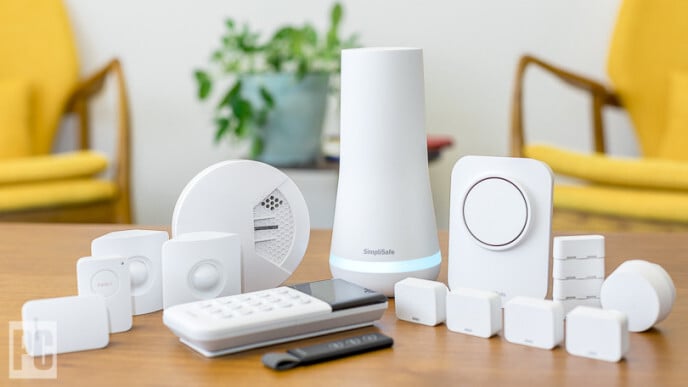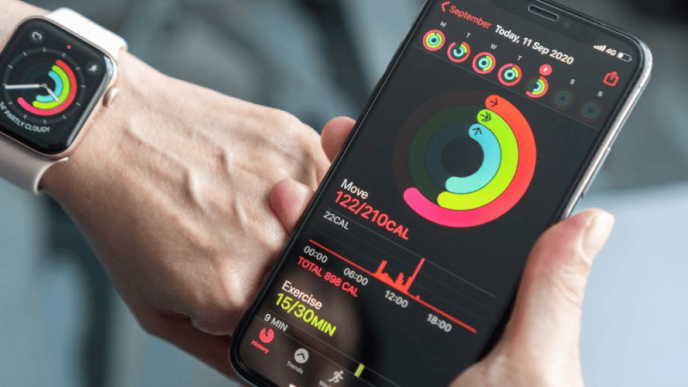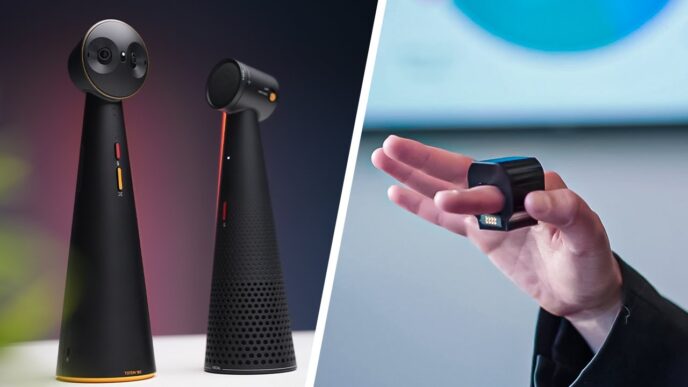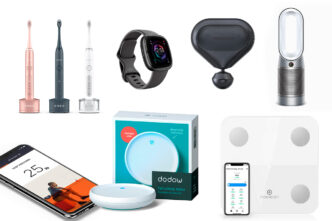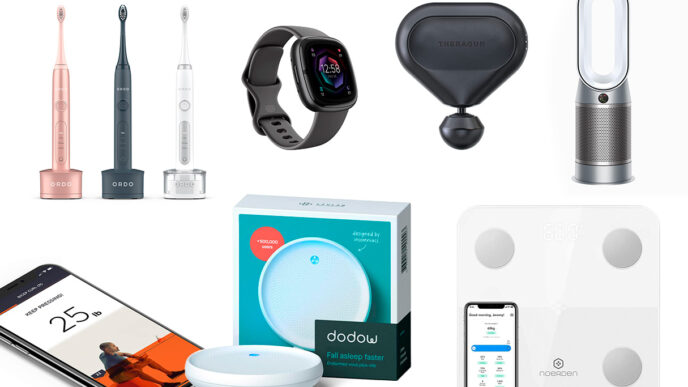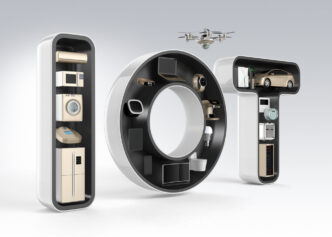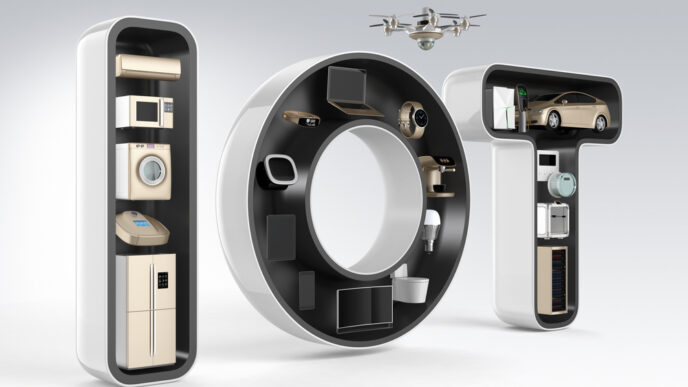Smart home devices are revolutionizing how we interact with our homes, offering convenience, energy efficiency, and enhanced security. With the integration of technologies like the Internet of Things (IoT) and artificial intelligence (AI), these devices allow us to automate everyday tasks and manage our homes remotely. Here’s a comprehensive guide to the world of smart home devices and their impact.
What Are Smart Home Devices?
Smart home devices are internet-connected tools and systems designed to automate and enhance household functions. From voice-activated assistants to smart security cameras, these devices provide seamless control over various aspects of your home through apps, voice commands, or automation.
Popular Types of Smart Home Devices
1. Smart Speakers and Voice Assistants
- Devices like Amazon Echo, Google Nest Hub, and Apple HomePod serve as central hubs for controlling other smart devices through voice commands.
2. Smart Lighting
- Smart bulbs and switches allow you to adjust brightness, color, and scheduling remotely or with voice commands.
- Examples: Philips Hue, LIFX Smart Bulbs.
3. Smart Thermostats
- Devices like Nest and Ecobee learn your temperature preferences and optimize energy usage, reducing bills.
4. Smart Security Systems
- These include smart locks, video doorbells, and cameras that provide real-time monitoring and alerts.
- Examples: Ring Video Doorbell, August Smart Lock, Arlo Security Cameras.
5. Smart Appliances
- Gadgets like refrigerators, ovens, and washing machines connected to the internet for enhanced functionality.
- Examples: Samsung Smart Refrigerator, LG ThinQ Washer.
6. Smart Plugs
- These enable you to control traditional devices remotely, converting standard appliances into smart ones.
- Examples: TP-Link Kasa Smart Plug, Wemo Mini Smart Plug.
Benefits of Smart Home Devices
- Convenience
- Automate daily tasks like turning on lights, adjusting the thermostat, or locking doors remotely.
- Control all devices through a single app or voice assistant.
- Energy Efficiency
- Reduce energy consumption with devices that learn and adapt to your habits.
- Example: Smart thermostats that optimize heating and cooling.
- Enhanced Security
- Monitor your home in real-time with smart cameras and receive instant alerts for any unusual activity.
- Improved Accessibility
- Voice-activated systems make smart homes user-friendly for people with mobility challenges.
- Customization
- Create personalized routines, such as dimming the lights and playing relaxing music at bedtime.
Challenges of Smart Home Devices
- Cost
- Setting up a fully functional smart home can be expensive.
- Solution: Start small with essential devices and expand gradually.
- Compatibility
- Not all smart devices work seamlessly with each other.
- Solution: Choose devices that support universal platforms like Alexa, Google Assistant, or Apple HomeKit.
- Privacy Concerns
- Many smart devices collect user data, raising security and privacy issues.
- Solution: Opt for devices with strong encryption and regularly update software.
- Complexity
- Setting up and managing multiple devices can be overwhelming for some users.
- Solution: Use devices with user-friendly apps and guides.
Future Trends in Smart Home Technology
- AI-Powered Homes
- Smart devices are becoming more intelligent, learning user behaviors to automate tasks proactively.
- Sustainability
- Eco-friendly devices, such as solar-powered cameras and smart water management systems, are on the rise.
- Health-Focused Gadgets
- Smart devices that monitor air quality, detect allergens, and track fitness metrics will gain popularity.
- Improved Interconnectivity
- Devices will integrate seamlessly, creating a unified smart home ecosystem.
Smart home devices are reshaping modern living, offering unparalleled convenience, security, and efficiency. As technology advances, these devices will become even more intuitive, eco-friendly, and interconnected. Whether you’re a tech enthusiast or a homeowner looking for practical solutions, smart home technology has something to offer for everyone.
The future is smart—are you ready to embrace it?
Topics: Home Security Systems IoT Technology Smart Appliances Smart Home Automation Smart Home Devices Voice Assistants